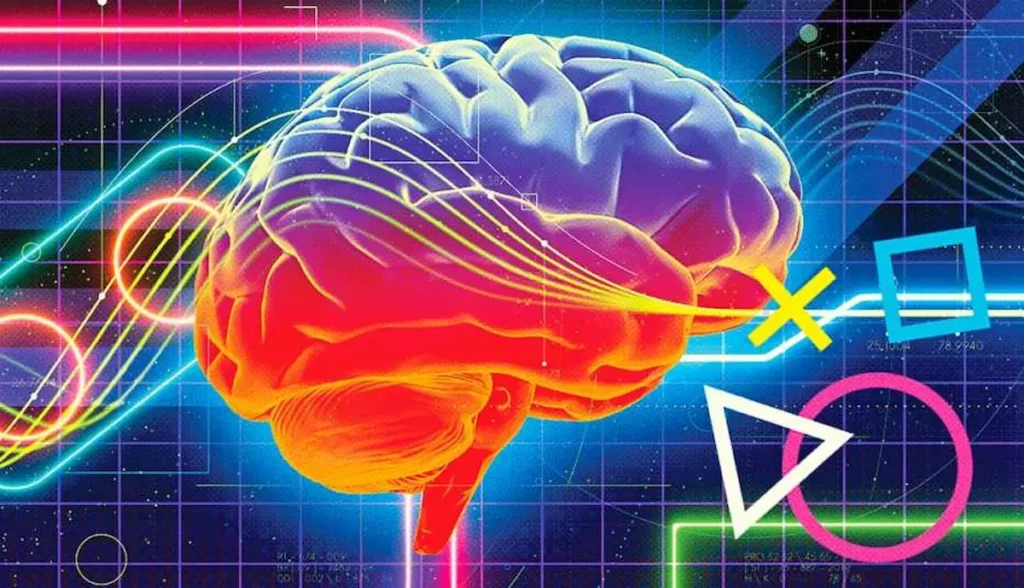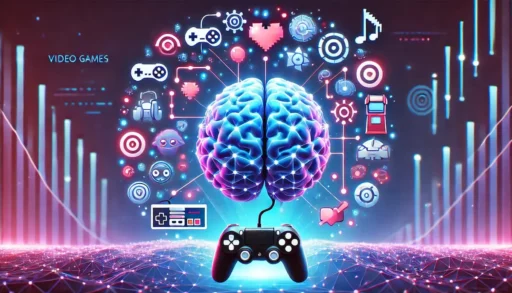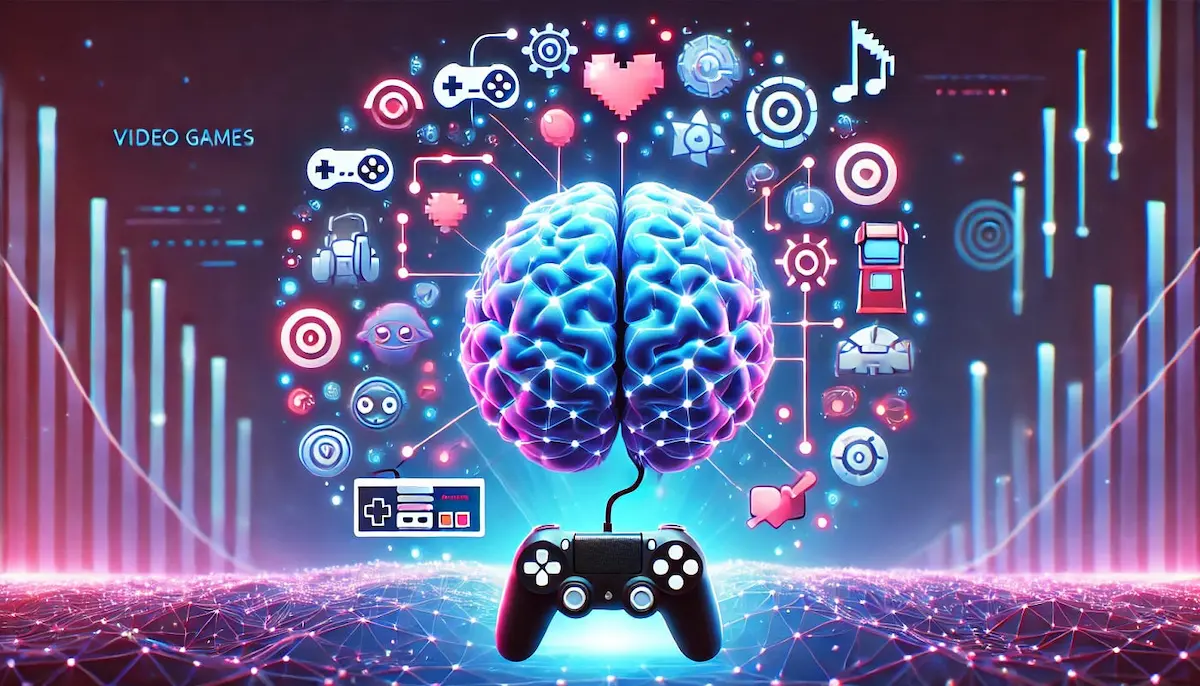Last updated on July 30, 2025
As we move through 2025, video games have become much more than just a way to pass time. Today’s games offer rich, immersive experiences that can help improve our thinking skills, emotional well-being, and connection with others — no matter your age. Studies are showing that gaming can boost memory, sharpen problem-solving abilities, ease stress, and even build a sense of community. Whether you’re a kid, a student, a busy professional, or enjoying your retirement, there’s a lot gaming can do to enrich your life. Here’s a closer look at why gaming is good for everyone.
Cognitive and Mental Health Benefits
A 2024 study in Nature Human Behaviour showed that regular gaming is linked to improved mental well-being, especially among adolescents. The research, which analyzed data from nearly 98,000 people in Japan, found positive effects on psychological health and cognitive skills thanks to regular video game play.

Researchers explored how group values shape individual mental health. They found that feeling unsupported or out of step with community expectations negatively affects people’s well-being. Where social acceptance and belonging are high, people tend to have better psychological health. The study shows that shared cultural norms and local attitudes have a direct impact on personal happiness and stress, not just private beliefs.
Building Social Connections
The old stereotype of gamers being isolated no longer fits. According to a 2024 Pew Research Center survey, around 68% of self-identified teen gamers in the U.S. have made friends online through gaming. Multiplayer games, chatting platforms like Discord, and eSports scenes help people connect, form real friendships, and work in teams.
For many teens, gaming isn’t just about the game itself—it’s a shared experience that brings people together. Whether they’re teaming up for a co-op mission, chatting in gaming communities, or joining virtual tournaments, players often build lasting bonds that go beyond the screen. Online play turns gaming into a truly social hobby and gives teens the opportunity to meet peers they might never have encountered otherwise, strengthening friendships and expanding their social circles in meaningful ways.
Stress Relief and Emotional Balance
For many, video games serve as an effective way to unwind and escape everyday pressures. Engaging in gaming sessions can provide a mental break, helping to lower stress levels and elevate mood. Research from psychological organizations indicates that, when played in moderation alongside a balanced lifestyle, gaming may reduce feelings of anxiety and promote emotional well-being. The immersive nature of games allows players to focus their attention elsewhere, offering a healthy distraction from daily worries. Additionally, the sense of accomplishment from overcoming in-game challenges can boost confidence and provide a positive emotional lift. Of course, like any activity, it’s important to keep gaming balanced with other aspects of life to reap these benefits fully and maintain overall mental health.
Learning and Career Skills

Educational games and gamified learning are everywhere in 2025. Schools and universities use games to teach critical thinking, languages, and coding. Employers also value the skills gained from gaming, like strategic decision-making, teamwork, and adaptability. Professional gaming and esports scholarships are creating new opportunities for many. Interactive games make subjects more engaging and help students solve challenges together, whether in virtual simulations or language-learning apps. Some universities even offer courses based on game design and teamwork. And outside of school, companies recognize how gaming sharpens practical abilities needed for today’s workplace.
Healthy Gaming Habits
Maintaining a good balance is key when it comes to gaming. Experts suggest setting reasonable time limits, taking regular breaks to rest both mind and body, and choosing games that match your own goals and interests. Today’s gaming platforms often include features like parental controls and wellness tools, helping players of all ages to stay safe and play mindfully.
Whether you’re a casual player or aiming for the next level in esports, building healthy gaming habits keeps the experience enjoyable and supports your mental health and social well-being. Paying attention to how and when you play can make all the difference in making gaming a positive and rewarding part of your life.. Ready to discover the many benefits gaming has to offer?








I think highlighting the benefits of video games is a really great idea ! Especially when it’s backed up by studies like the one in Japan on almost 100k persons. And perspective, because now video games are part of our lives (for fun or sometimes professional) since 30-40 years. We often talk about the negative effects, when there’s violence, behavioural problems (hello GTA, CoD…), but the positive effects are real. After that, it’s like anything else: you have to find the right balance, not play too much, and some games offer more benefits than others, depending on the person. The adrenaline rush of a Souls game, the strategy of a Civ or RTS game, the satisfaction of succeeding—these can all evoke a whole range of interesting emotions. Also as you mention it : the social part is interesting, as you often play with other ppl.
I have a motto, and it is that I don’t play video games because ‘I have no life’, so some may say, I do because I wanna have many lives. Videogames let me experience adventures that I could never in real life, so I plan to play games until I die, no need to convince my that they are good, I need them, real world is too depressing so I’m glad to be able to escape to any other places, and if my mental well being improves, then extra win, hehehe